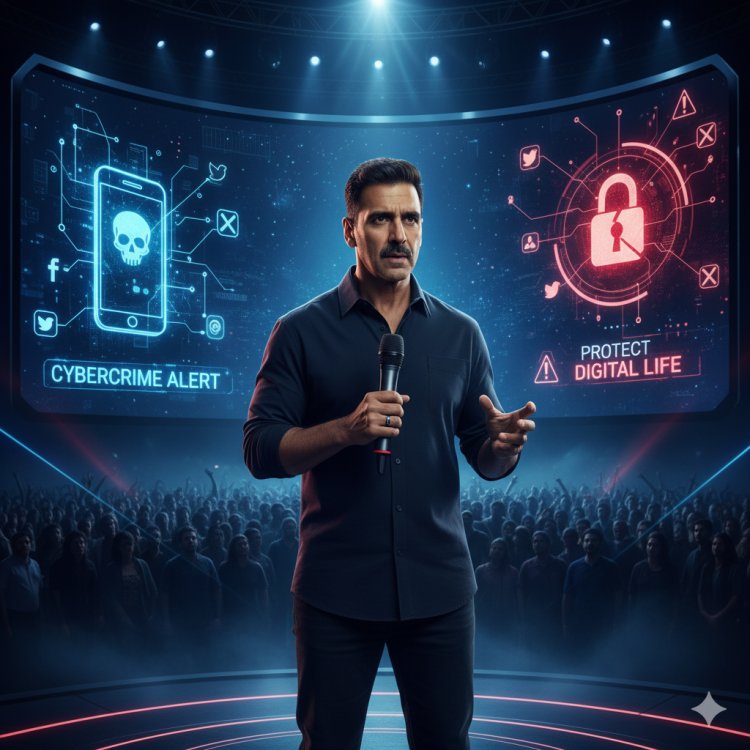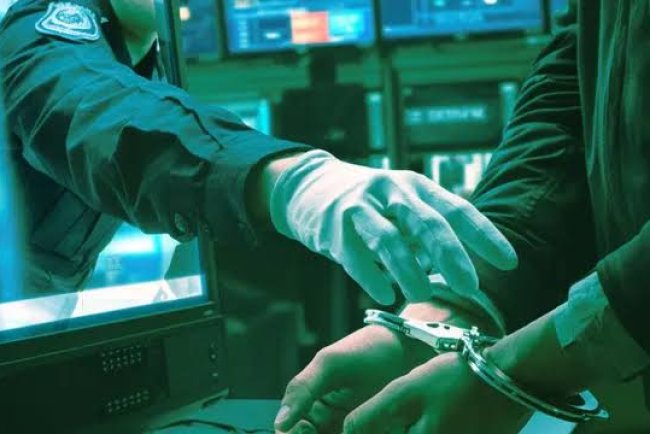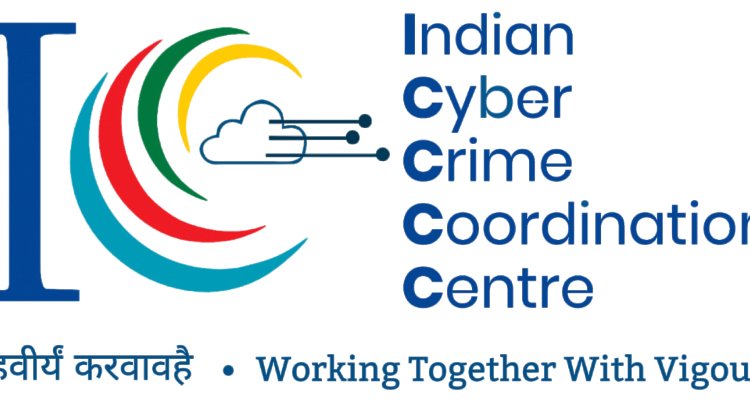Akshay Kumar Urges Cyber Safety Education in Schools After Daughter's Online Harassment
After his daughter faced online harassment, Akshay Kumar calls for a Cyber Period in schools to promote awareness and protect children from cybercrime.

Akshay Kumar Raises Alarm on Growing Cybercrime After Personal Incident Involving Daughter
In a concerning revelation, actor Akshay Kumar recently shared a deeply personal experience to highlight the increasing dangers of cybercrime, particularly those targeting children. Speaking at a public event, he narrated how his young daughter, while playing an online video game, received an unsolicited and inappropriate message from an unknown user asking for nude photographs.
Shocked by the incident, his daughter immediately exited the game and informed her mother. For the actor, this served as a stark reminder of how predators can infiltrate even the most seemingly harmless digital platforms, reaching children in their homes.
A Systemic Gap in Cyber Safety
Using this incident as a lens to examine broader societal challenges, Kumar highlighted a critical systemic gap: while India has existing legal provisions under the Information Technology Act, 2000 and the Protection of Children from Sexual Offences (POCSO) Act, 2012, there is no dedicated regulatory body or real-time monitoring framework for online threats, especially in spaces like online gaming and social media.
He emphasized that "this crime is becoming bigger than street crime" and hence demands both legal and social intervention.
Call for 'Cyber Period' in Schools
In response, Akshay Kumar urged the Maharashtra government to introduce a weekly “Cyber Period” in schools, specifically for students of classes VII to X. This period would focus on:
-
Cyber safety education
-
Recognizing online threats
-
Reporting suspicious activity
-
Understanding privacy and consent in digital spaces
Such a curriculum, he argued, is not symbolic, but rather a practical and preventive measure. Much like how moral science once taught ethics, cyber education today can equip students with digital resilience and the ability to safely navigate online environments.
Legal Landscape: Present But Reactive
Under current Indian laws:
-
Section 67 and 67B of the Information Technology Act, 2000 criminalize the publication, transmission, and solicitation of obscene material, especially when involving minors.
-
The POCSO Act, 2012 treats online grooming and solicitation on par with physical abuse, recognizing the seriousness of such virtual interactions.
However, the existing framework is largely reactive, kicking in only after an offence has occurred. The absence of proactive monitoring or real-time protection mechanisms means that children remain vulnerable unless they are educated and empowered.
Digital Literacy as a First Line of Defence
Kumar’s proposal to include a Cyber Period addresses this very gap. An informed child is far more likely to respond correctly, report inappropriate behavior, and seek help without fear or stigma.
His admission that the threat reached his own household underscores how pervasive and non-discriminatory this issue has become. This is not an isolated event—it is a widespread digital risk affecting families across all socio-economic backgrounds.
Conclusion: Need for a Multi-Layered Response
Akshay Kumar’s advocacy is not merely a celebrity’s plea—it is a timely intervention that calls for:
-
Policy reform
-
Institutional awareness programs
-
Parental involvement
-
Cyber safety education in schools
In an era where cybercrime is evolving faster than regulation, India needs a multi-layered approach—where legislation, education, and community awareness go hand in hand to protect its most vulnerable population: children.
Follow cyberdeepakyadav.com on
Facebook, Twitter, LinkedIn, Instagram, and YouTube
What's Your Reaction?























